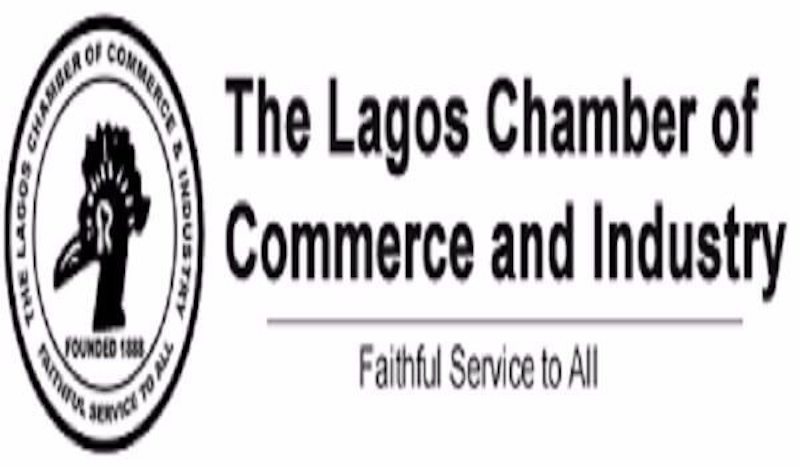Dike Onwuamaeze
The Lagos Chamber of Commerce and Industry (LCCI) has warned that the federal government’s deficit financing in 2022 might exceed the projected N6.25 trillion due to low public revenue mobilisation in the economy.
The LCCI made this observation during its 133rd Annual General Meeting (AGM), where it attributed the weak component of the Foreign Direct Investments (FDIs) in the first half of 2021 capital importation to foreign investors’ declining interest in bringing their FDIs to Nigeria.
The President of the LCCI, Mrs. Toki Mabogunje, said in her presentation of the chamber’s 2011 Annual Report that Nigeria might not meet the ambitious revenue target of N10. 13 trillion it set for itself in 2022.
Mabogunje said: “If we do not meet our revenue target, which looks too ambitious, the deficit financing for the will likely be higher.”
The revenue projection in the proposed 2022 budget is N10.13 trillion based on $57 per barrel crude oil price and the production of 1.88 million barrels per day at N410 per United States dollar.
She also cautioned the federal government on the country’s growing debt profile, which rose to N35.5 trillion in June 2021.
She stated that Nigeria “needs more revenue rather than borrowing to finance its budget,” which it could realise by packaging its national “assets to attract equity investments that can raise revenues for the government instead of borrowing.”
The chamber, however, said that “since the government sees borrowing as part of its financing options, we advise that such borrowings are sourced from the cheapest lenders and tied to fund critical infrastructure that in turn drive the economy to generate more revenue.”
The chamber noted that Nigeria attracted $2.78 billion foreign capital, which was made up of $1.91 billion and $875.62 million in the first and second quarter of 2021 respectively, however, only $232.74 million, representing 8.4 per cent, came via FDI while $1.53 billion, representing 54.8 per cent, came via portfolio investment and $1.03 billion came through other investments.
It said: “The low FDI component of aggregate capital inflows reflects weak investor confidence in the Nigerian economy, particularly the real sector on the back of policy inconsistencies, harsh operating environment, foreign exchange uncertainties and inadequate public infrastructure among others.
“With worsening security perception about the country, foreign investors are not interested in bringing in FDIs to Nigeria.”
The chamber, however, said that Nigeria would end the 2021 fiscal year on a positive growth rate.“We believe the […]
